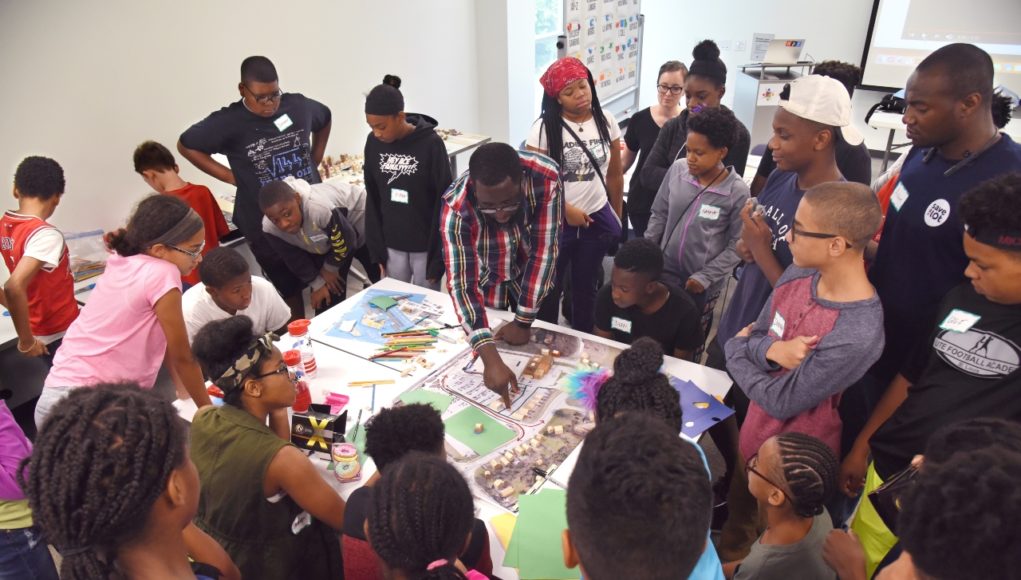“My message to young people is that even if you’re not interested in architecture, you will have a relationship with architecture for the rest of your life. You will live in spaces and visit places that have been created by somebody. You are constantly living or walking through someone else’s imagination,” says Michael Ford. “This is an opportunity for them to start to imagine the spaces and places that they want to live in, they want to play in and they want to learn in.”
Ford is inviting Madison-area 7-12th graders to be a part of his upcoming free Virtual Hip Hop Architecture Camp during Spring Break. Ford, who is known as the “Hip-Hop Architect and is the co-founder the Urban Arts Collective where he designed and launched the Hip-Hop Architecture Camp, will be the host of the event that will take place Monday-Friday, March 29-April 2, 10 a.m.-2 p.m.
CUNA Mutual is one of the sponsors of the event. The organization is in the midst of its own renovation of their campus on Madison’s west side and was a sponsor and funder of the the first Virtual Hip Hop Architecture Camp last year at the beginning of the pandemic.
“They reached out before the pandemic and we had planned on using their campus master planning effort and the construction of the first building to use as a learning tool to learn about master planning, architecture and construction, but the pandemic ended all of that,” Ford says. “So we went back to the drawing board.
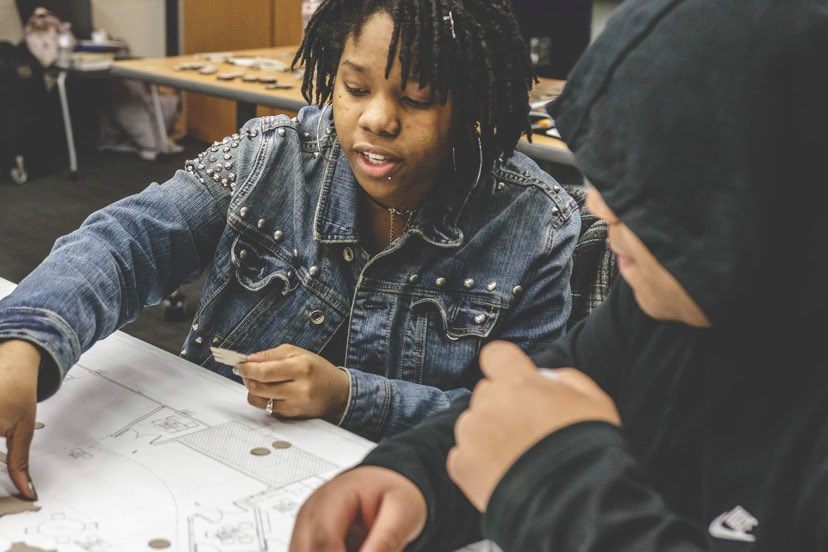
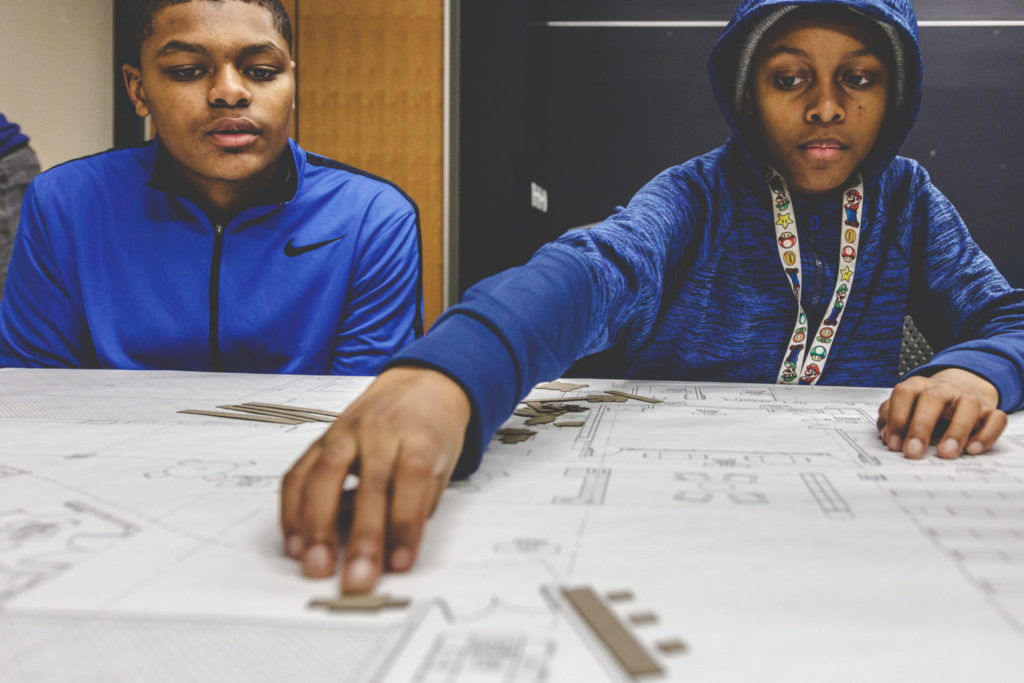
“We were like, ‘Let’s do that again, but just for Madison kids.’ So for this camp, young people will learn about the master planning effort at CUNA Mutual – what it takes to create the masterplan, the types of buildings and spaces they identified that they need and the phasing of how the masterplan will come together,” adds Ford, who earned a master’s degree in architecture from the University of Detroit Mercy. His graduate thesis focused primarily on how hip-hop inspired architecture and design.
Young people will take that information and create their own campus masterplan for a community that empowers Black and brown youth in the city of Madison.
“They are going to use what is happening at CUNA Mutual as a learning experience but they will also use lyrics from the late great [rapper, activist and entrepreneur] Nipsey Hussle. He did a lot of music and interviews about developing your own neighborhood and having ownership within your own neighborhood. He was a big advocate for people of color getting involved in STEM-related professions,” Ford says. “So, we’re going to use his lyrics as a guide and the kids will be listening to some clean lyrics and have some discussions with some local emcees and break down some of his lyrics and then use that as a starting point for develop a community based upon empowering young people here in the city of Madison.”
Only 2 percent of licensed architects in the United States are African American, and less than 1 in 5 new architects identify as a racial or ethnic minority, according to the National Council of Architectural Registration Boards
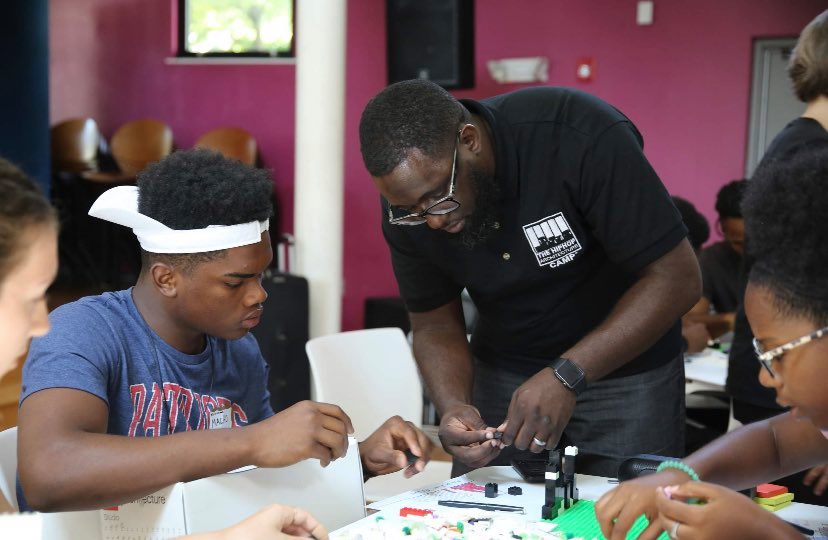
Hip Hop Architecture Camp is a great and fun opportunity to help get young people from all backgrounds interested in architecture. “It’s all happening online. And it’s all free,” Ford says.
Kids will learn how to 3D model and how to print their 3D models and they’ll learn how to write a rap song.
“At the end of our camp, we have a challenge where young people write their own rap verse about their project. We’ll have some amazing prizes,” Ford says. We’re going to award some young people who have taken an interest in architecture a paid summer internship to help take the ideas they have to the next level.”
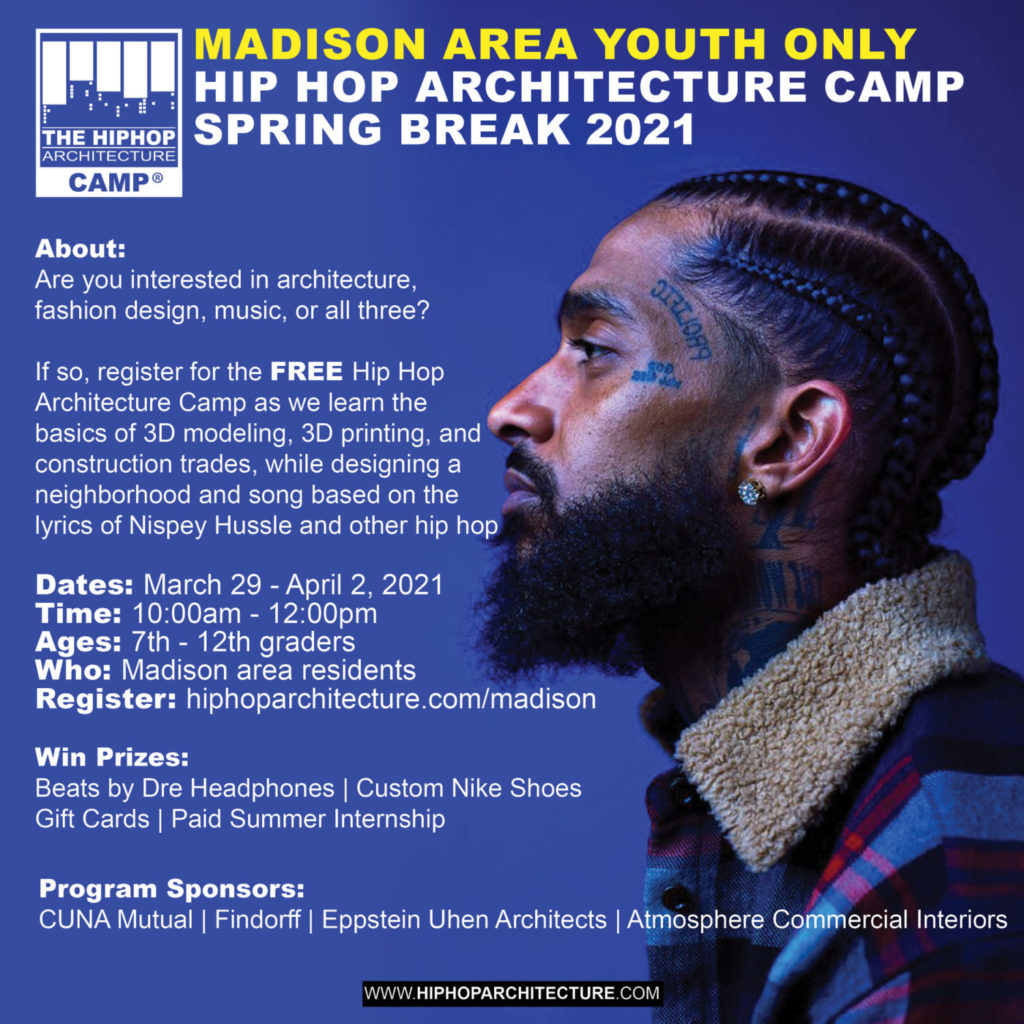
Along with CUNA Mutual, sponsors of the event include Findorff, Atmosphere Commerical interiors, and Eppstein Uhen Architects.
“We do things differently than any other architecture program that they may have been involved in. We go to people like Nipsy Hustle and other hip-hop artists who talk about architecture. They talk about owning businesses. We use music as our guide,” Ford says. “Instead of giving them a traditional introduction to architecture, we go the non-traditional route and that makes architecture exciting, but also culturally relevant.”
The 2021 Virtual Hip Hop Architecture Camp will take place Monday, March 29 to Friday, April 2, 10 a.m.-2 p.m. via Zoom. Register here.

























